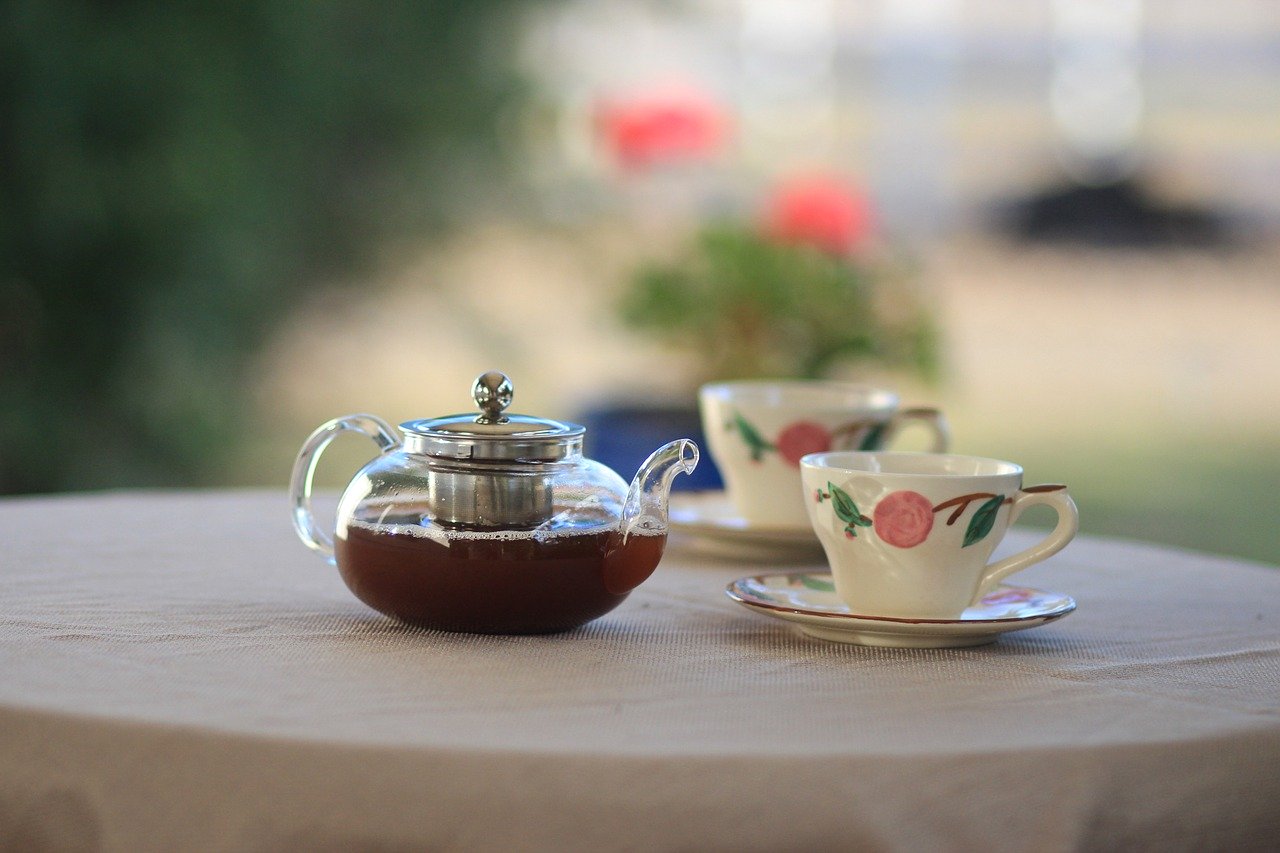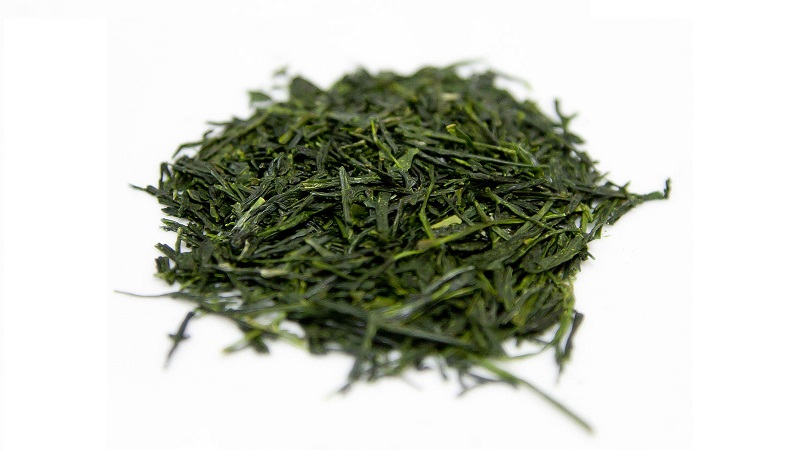Tea is a favourite drink worldwide, and both black tea and green tea come from the Camellia sinensis plant. The difference between these two popular types of tea is that green tea is not oxidized and black tea is. This difference is a result of the preparation process. Is one better than the other?
Green tea is closer to its natural state and is processed in a way that prevents oxidation and results in a light coloured tea. The taste of green tea is light and somewhat bitter.
When black tea is made, the leaves are rolled up and then left exposed to the open air to intentionally start the process of oxidation. This is what causes the leaves to darken while simultaneously intensifying and rounding the flavours.
Is one better than the other?

The act of drinking tea can and should be relaxing, so choosing the tea that you enjoy the best is a valid way of choosing the tea that is best for you. Tea drinking lowers blood pressure through its relaxation benefits as well as through the beneficial ingredients found in tea.
In terms of flavour, green tea and black tea are quite different, and deciding which is better is a matter of individual taste.
In terms of health benefits, both convey a number of good effects that differ only slightly because of the difference in processing. Both kinds of tea are excellent for heart health because they contain flavonoids which are a subgroup of polyphenols, protective antioxidants.
There is some difference in the amount and type of the flavonoids contained in green and black tea. Green tea is very high in EGCG (epigallocatechin-3-gallate). Black tea is very high in theaflavins.
Both are very good for heart health because they help prevent the development of plaque in the blood vessels. They also reduce the amount of triglycerides and bad cholesterol (LDL) in the blood.
Overall, making either green or black tea your beverage of choice most of the time (as opposed to sodas, sugary juices and other unhealthy beverages) can greatly improve heart health and reduce your risk of heart attacks, strokes and related cardiovascular conditions and illnesses.
What about the caffeine in tea?

Caffeine is a natural component of the Camellia sinensis plant, so both black tea and green tea do contain caffeine. Because of the processing difference, green tea does not contain as much caffeine as black tea.
Typically, 8 ounces of green tea contains about 35 mg of caffeine. 8 ounces of black tea, on the other hand, may contain anywhere between 39 mg and 109 mg of caffeine.
While excessive amounts of caffeine can be damaging to your central nervous system and can negatively impact your mood and behavior, moderate amounts can enhance your alertness and positively elevate your mood.
The right amount of caffeine can boost your mental and physical performance.
Tea brightens your mood in many ways!
In addition to caffeine content, both black and green tea contain an amino acid called L-theanine, which is specific to tea and cannot be found in coffee.
This amino acid is able to go across the blood brain barrier, triggering neurotransmitters in the brain that aid in relaxation and alertness simultaneously. L-theanine also promotes release of dopamine and serotonin (the feel-good hormones).
L-theanine and the caffeine found in tea work together and balance each other out. The combination provides far more mood enhancing, performance and alertness benefits than that of caffeine alone. This makes tea far preferable to coffee as an everyday afternoon pick me up.
So which is better?
Green tea contains more EGCG than black tea, along with a few other beneficial polyphenols (Gallic acid and catechin). In addition to the health benefits we’ve discussed so far, green tea is said to be beneficial in a host of other ways, such as:
- The EGCG in green tea is said to be anti-carcinogenic and may help to prevent and even fight the growth of cancer cells.
- EGCG may be useful in combating the effects of Alzheimer’s disease because it can help reduce amyloid plaques in the brain.
- Athletes may experience enhanced performance and endurance because of EGCG in green tea in addition to the caffeine.
- Consuming green tea on a regular basis can protect the liver by preventing the development of fatty liver.
- EGCG is damaging to bacterial cell walls, so it is antimicrobial.
- Drinking green tea has an overall calming effect, and EGCG may interact with your brain’s receptors to even further calm your body.
Black tea is a good source of beneficial theaflavins which are polyphenols that form during the process of oxidation. These offer different health benefits than the EGCG found in green tea.
Theaflavins protect fat cells against the damage caused by free radicals. They may also support natural antioxidant production in the body. Black tea consumption supports good heart health through:
- Reduced formation of plaque in the blood vessels
- Lowered blood sugar levels and cholesterol levels
- Reduced inflammation in the blood vessels
- More efficient breakdown of fat
Furthermore, theaflavins may have just as much antioxidant power as the polyphenols found in green tea.
Green Tea vs Black Tea
In the final analysis, it’s clear that both green tea and black tea offer tremendous health benefits that differ only slightly. Your best choice may be to enjoy black tea in the morning when you want more caffeine and green tea in the afternoon when you want less.
If you dislike one and like the other, don’t despair. You’re sure to reap excellent health benefits, even if you choose one over the other.





Although I’m a coffee lover. But when it comes to tea, I like green tea a lot.
Everything is very open with a very clear description of the challenges. It was definitely informative. Your site is useful. Many thanks for sharing. Melitta Staffard Broeker